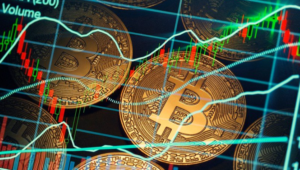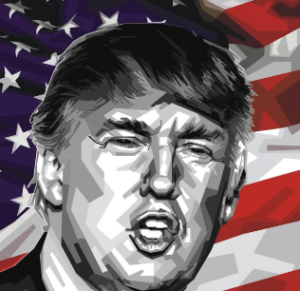$DAX $EURUSD $EWG
#Germany #Elections #Politics #Markets #Investing #Economy #Stocks #Forex #EU #Eurozone #Merkel #RightWing
Germany’s political landscape took a significant shift to the right following Sunday’s elections, setting the stage for a new chapter in the country’s leadership. Centre-right leader Friedrich Merz, head of the Christian Democratic Union (CDU), is set to become Germany’s next chancellor, marking a return to conservative governance after years of centre-left leadership under Chancellor Olaf Scholz. The CDU’s resurgence comes amid growing economic concerns, inflationary pressures, and debates over energy policy, all of which have played a crucial role in voter sentiment. Investors are closely watching how Merz’s policy agenda, which emphasizes fiscal discipline, tax cuts, and economic competitiveness, will impact Germany’s financial markets, particularly its benchmark DAX index and the broader European economy.
Merz, a former corporate lawyer and advocate for pro-business policies, has promised to restore economic growth by reducing bureaucracy, cutting taxes for businesses, and promoting private-sector investment. This marks a stark contrast to the previous government’s focus on increasing public spending and expanding social programs. Financial markets reacted positively to the election results, with the DAX index seeing early gains as investors priced in the prospect of more business-friendly policies. Additionally, the euro ($EURUSD) showed signs of strength against the U.S. dollar as markets anticipate a shift toward fiscal responsibility, reducing concerns about excessive government borrowing. The success of right-leaning parties in Germany also mirrors broader trends across Europe, where economic uncertainty and rising living costs have influenced a shift in political preferences.
Germany’s economic policy under Merz is expected to prioritize energy security and deregulation, which could benefit certain sectors, including manufacturing and financial services. His victory comes at a critical time, as Germany’s economy faces sluggish growth, high energy costs, and global supply chain disruptions. The prospect of reduced government intervention and incentives for businesses is likely to attract foreign investors, boosting demand for German equities. Exchange-traded funds (ETFs) focused on Germany, such as $EWG, could see increased interest from global investors looking to capitalize on a more market-oriented approach. Meanwhile, fiscal conservatives are hopeful that a Merz-led government will push back against excessive EU spending commitments, potentially leading to policy tensions within the Eurozone.
As Merz prepares to take office, markets will closely monitor his cabinet appointments and initial policy moves. His approach to trade relations, particularly with the U.S. and China, will be critical for Germany’s export-driven economy. Additionally, investors will be assessing how his administration navigates the ongoing energy transition while maintaining industrial competitiveness. The shift in Germany’s political direction could also influence broader European equities and currency markets, reinforcing the connection between economic policy and market performance. While challenges remain, including coalition negotiations and the implementation of campaign promises, this shift in leadership is set to redefine Germany’s economic trajectory and impact investor sentiment across Europe and beyond.










Comments are closed.